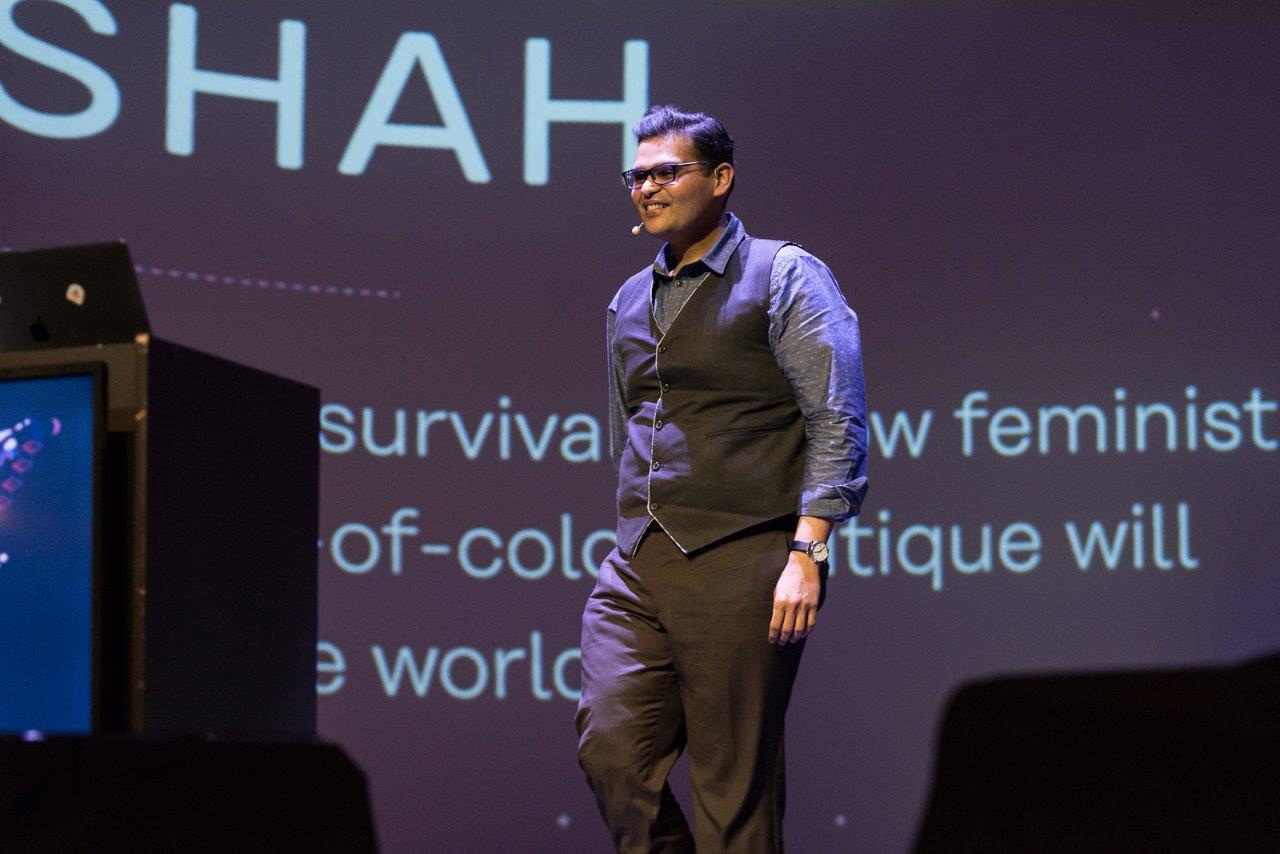Doing Things with Stories: Narrative Change Anthology
What can we do with stories so that they become prompts to build worlds that lead to collective action? 3 years since we started the project, first as a research project and then as a global residency and intensive under the title of ‘ Doing Things with Stories’, we have learned a lot about how narrative change can prompt a new way of seeing the futures. As we wrap up this project, I am pleased to announce that apart from the theoretical and research outputs, the training modules and the communiites of practice, we also have a wonderful showcase or artists, cultural producers, and researchers from around the world, showing us how they see, understand, and mobilise narrative change in their own contexts. The special curation of 17 different knowledge pieces, in ‘Doing Things with Stories’ published with the artistic research platform APRIA run by ArtEZ Press and ArtEZ studium generale, capture through poetry, visual essays, critical reflections, fictions, experimental writing, and speculative design, how we can think of new forms, formats, and functions of telling stories. Edited with Lukas Continue Reading …
